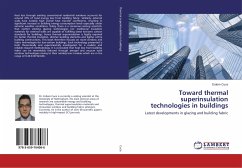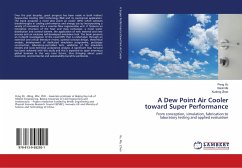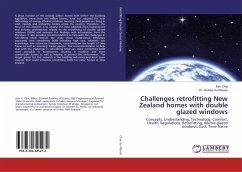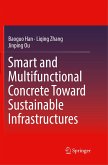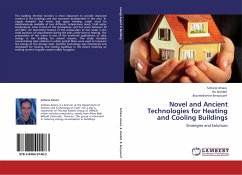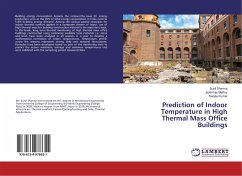Heat loss through existing conventional residential windows accounts for around 47% of total energy loss from building fabric. Similarly, external walls have notably high overall heat transfer coefficients, resulting in significant increase in building energy consumption levels especially under extreme weather conditions. Today, there is a consensus among scientists that neither existing glazing technologies nor traditional insulation materials for external walls are capable of fulfilling latest low/zero carbon standards for buildings, hence thermal superinsulation is highly required for better thermal insulation, slimmer building elements and lighter entire building constructions. This book therefore focuses on novel window and fabric technologies for low-carbon buildings. Each technology presented is both theoretically and experimentally investigated for a realistic and reliable research methodology. It is concluded that heat loss from building fabric can be remarkably reduced through aerogel and vacuum tube window technologies owing to their notably low U-values which are in the range of 0.20-0.30 W/m2K.
Bitte wählen Sie Ihr Anliegen aus.
Rechnungen
Retourenschein anfordern
Bestellstatus
Storno

